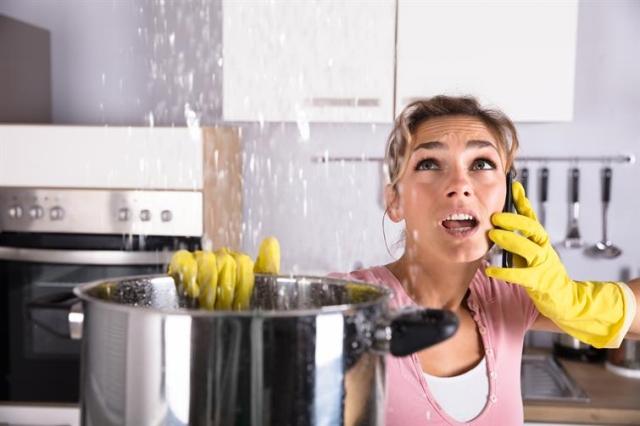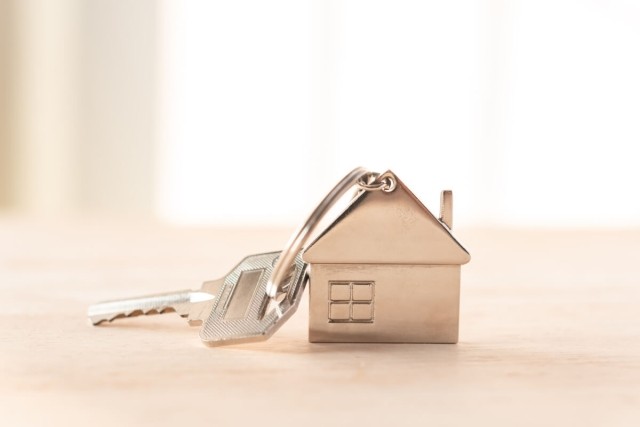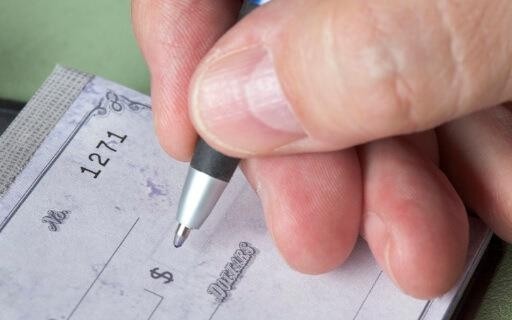Whether you have a mishap with your upstairs neighbor and their leaky appliances, you’re experiencing the aftermath of a busted pipe in your bathroom, or you’ve been affected by a natural disaster, you’ll likely be dealing with water damage in your apartment. As a renter, you’ll want to know the scenarios that could cause water damage in your apartment, who is responsible for the repairs, and what your renter rights are regarding water damage. Water damage can happen to anyone in any rental, so it’s best to be prepared!
Possible Reasons for Water Damage
There are numerous possibilities and sources for water damage in your apartment. Things you should watch out for include:
- Overflowing bathtub
- Leaking ceilings
- Leaking refrigerator
- Flooded toilet
- Broken pipes
Most water damage issues come from faulty appliances, broken pipes, or forgetful neighbors (if you’re not the forgetful tenant yourself). While you may have an overflowing bathtub in your apartment that causes damage to your bathroom, this could also happen in the unit above you. The same thing goes for yours or their faulty appliances and broken pipes, which could cause leaks, damage your belongings, and lead to mold or mildew in your apartment (if not properly dealt with) – not to mention the unsightly stain on your ceiling or warped hardwood floors. Yikes!
Water Damage Due to Natural Disasters
There is an entirely different, more serious situation that you may find yourself in – flooding and water damage due to a natural disaster. Perhaps there was a hurricane in your area (typically affecting coastal regions during hurricane season – June-November) and your lower level apartment has flooded. This is a frightening situation, and one that you should prepare for. First and foremost, be sure to get a flood insurance policy separate of your basic renters insurance policy before you move into the apartment. That way, you’ll be covered in the case of a natural disaster and will in no way be liable for the damages to your belongings. In this case, you will not be liable for the damage to the structure of the apartment. This will typically always be the responsibility of the property manager or landlord.
Who is Responsible for Water Damage in an Apartment?
Water damage can be unpredictable, so it’s important to know your renter rights if this were to become your reality. There should be a section in your lease that touches on the topic of flooding, water damage, or leaks, so read your lease thoroughly to see who is responsible for the repairs according to your specific lease terms.
Renters Insurance
If you have renters insurance, which you should, then your renters insurance policy will cover the cost to replace your damaged belongings due to the water-based incident. The damage to the actual apartment structure may not be covered by your renters insurance policy, but rather by the property manager or landlord. Read your renters insurance policy carefully to see what is and isn’t covered regarding water damage.
For instance, if your ceiling leaks because of a broken pipe and it drips onto your television, ruining it, then your renters insurance policy will likely pay for your damaged item. If your toilet overflows (through no fault of your own) and damages any belongings you may have, then your renters insurance policy will likely cover it. However, if you’re dealing with a flooded apartment, rather than just basic water damage, then you’ll need to have a separate flood insurance policy to protect you from those costs.
Property Manager or Landlord
If the water damage to your apartment is not based on your negligence, then the property manager or landlord is likely responsible for fixing any structural damage to the apartment. For instance, if your toilet floods (again, to no fault of your own), and damages the flooring in your bathroom, then the property manager or landlord should replace the tile to keep the unit livable.
If your refrigerator leaks in your kitchen and damages the hardwood floors, then the property manager or landlord will have to replace the flooring in this scenario as well. Your property manager will be responsible for these repairs, but only if you notify them immediately with written notice of the issue.
The Tenant
If the water damage is due to your negligence, then you (the tenant) may be dealing with a different scenario in which you or your renters insurance will be responsible for the damage you caused. Let’s say that your toilet flooded because it was repeatedly clogged, and you did nothing to remedy the situation, such as unclog it or call maintenance for assistance if you were unable to fix it. If this is the case, then the overflow was due to your negligence, meaning that you are responsible for the water damage to the property. If the property manager or landlord holds you financially responsible, then you may need to file a liability claim with your renters insurance to see if they will cover the legal costs, as well as filing a claim to replace your damaged belongings.
The Neighbor
Perhaps your upstairs neighbor decides to run a bath one night, but falls asleep and forgets to turn off the water. The tub floods, and causes a major leak in your ceiling that drips down onto your floors, damaging your belongings and soaking the carpet. This is major negligence on behalf of another tenant, your upstairs neighbor. Your renters insurance will cover the cost of your belongings, but the damage to the structure of the apartment will have to be settled between your neighbor and your property manager or landlord. Though this is a frustrating situation on your part, at least you won’t be liable for the damages! Regardless, your damaged carpet will be replaced (but check your lease first), so you won’t have to worry about mold or any other health issues due to the water damage.
How to Deal With the Aftermath of Water Damage
The next steps after you’ve determined that there’s water damage in your apartment is to figure out who is responsible for the damage and the repairs. Whether it be the fault of the property manager, your neighbor, or you yourself, the damage has to be fixed one way or another.
If you have a busted pipe or a faulty appliance, then your property manager is most likely liable. And because of this, they and the maintenance team will be responsible for the repairs. If your neighbor is liable, then he/she and the property manager will have to determine (by state law and lease agreement) who should pay for the repairs, but either way, the repairs will get done. If you’re responsible, then you (and possibly your renters insurance) will have to pay out of pocket to handle the repairs, which will be done by the maintenance team or an outside source.
However, the determining factor of who is negligent truly depends on the state in which you live. There’s a line between liability and non-liability that you’re dealing with here, and different states have different laws regarding this subject. If this comes down to broken appliances or pipes, then the property manager will have to repair these items to keep the apartment livable. But that doesn’t mean that they’re responsible for the damages. This is dependent upon your state laws, renters insurance policy, and lease agreement, so be sure to check all three of these to determine who is responsible for the water damage and the necessary repairs!






